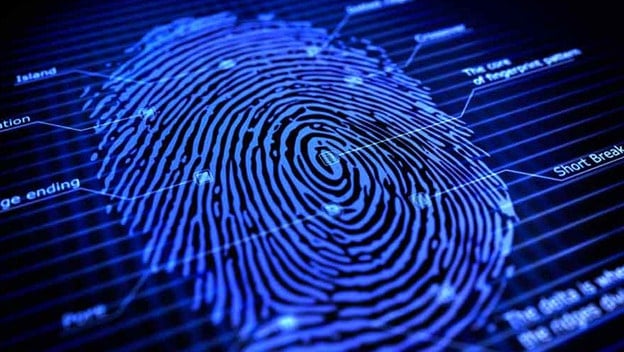Some GameStop stores in Philadelphia have recently begun a new practice of fingerprinting users who trade in games. Why? Well they are hoping to catch thieves, pure and simple.
The idea is this: a lot of people who manage to rip off other game stores, or deliveries, or somehow otherwise get access to ill gotten video game gains use GameStop as something as a pawn shop. They will sell their games to the store as used games, even though they barely make any money doing so. This puts cash in their pocket and puts the weight of the stolen goods on GameStop’s shoulders.
It’s a good idea, but it has some serious problems in practice. First of all, the practice is only put into place in Philadelphia, and not any surrounding locations. This means that anyone who would sell their stolen good to GameStops in Philly could drive maybe fifteen minutes and get off scot free. Not to mention, anyone who is selling stolen goods who sees the fingerprinting process will likely just not sell the games to the store.
A lot of fans have called this an invasion of privacy, saying that it is treating game selling like being fingerprinted at a police station… which it kind of is. However other fans have come out in support of the practice, saying that is it no different than fingerprinting people when selling them a firearm.
In my opinion, I don’t think this is an apt comparison. First of all, video games aren’t dangerous weapons. Second of all, IDing someone when purchasing a gun is IDing someone who bought something just in case they misuse it, not IDing someone who is selling something just to make sure they aren’t crooked. Third, the person who is selling the stolen goods may NOT be a thief. What if they were sold the game on the street? This could lead to falsely identifying a normal consumer as a thief.
It’s possible–possible mind you–that this could be a good idea if it were implemented everywhere in the united states for every single game selling outlet. However, as long as it’s only this one Gamestop, game thieves can just sell their wares at another one. It’s not like they won’t know it’s going on. Heck they can read this article. Heck they can just cut and run when they are asked for their fingerprint.

One good argument for the practice, however, is that some pawn shops have to fingerprint sellers for the same reason. That being said, under the law Gamestop’s practices do not make it fall under pawn shop law.
So the question we have to ask is, is it worth it? Do we want to treat all of our normal paying gamers like criminals just because some people are taking advantage of Gamestops trade in system? What do you think? Should Gamestop fingerprint its used game sellers? Let us know in the comments.
